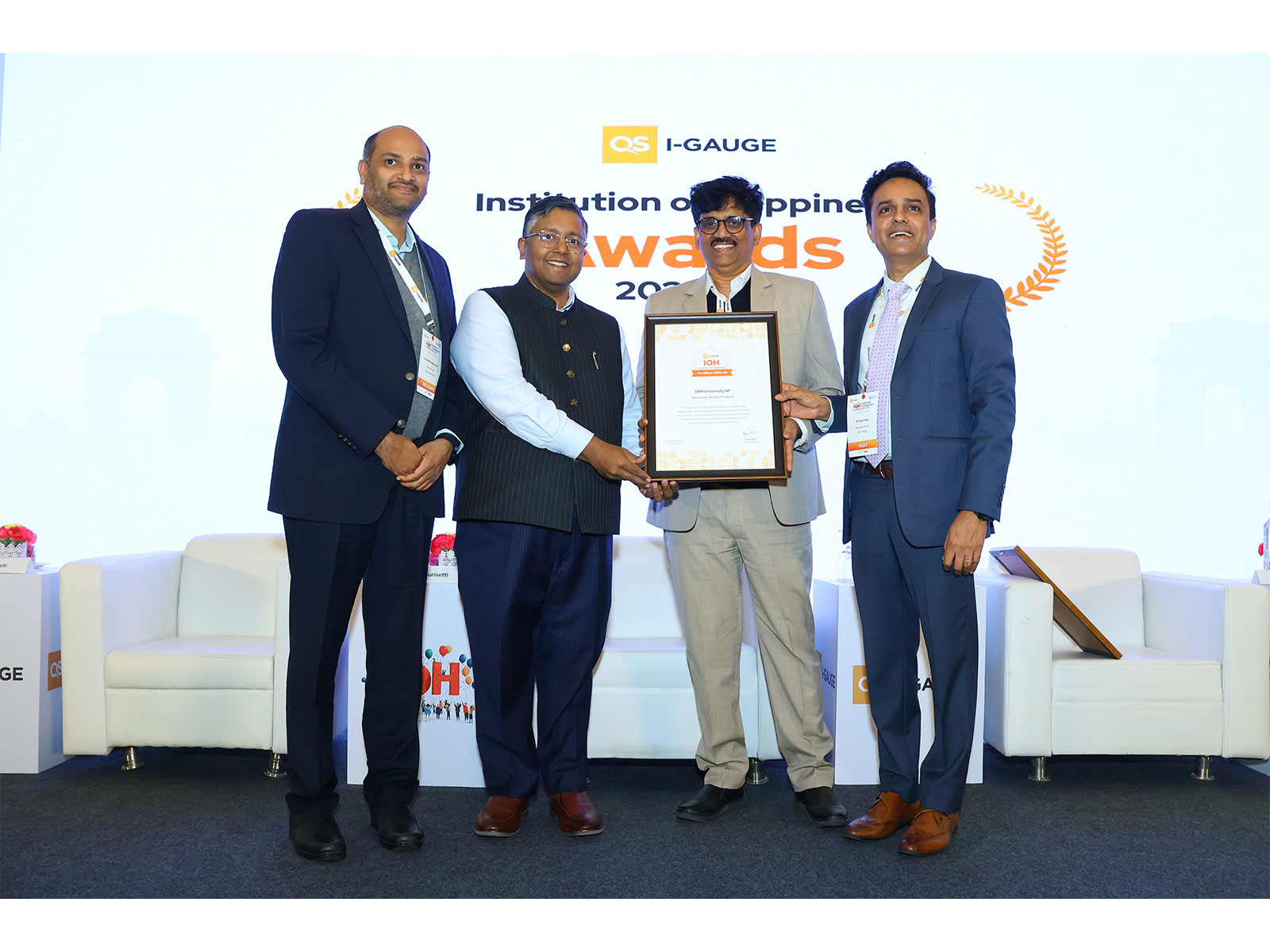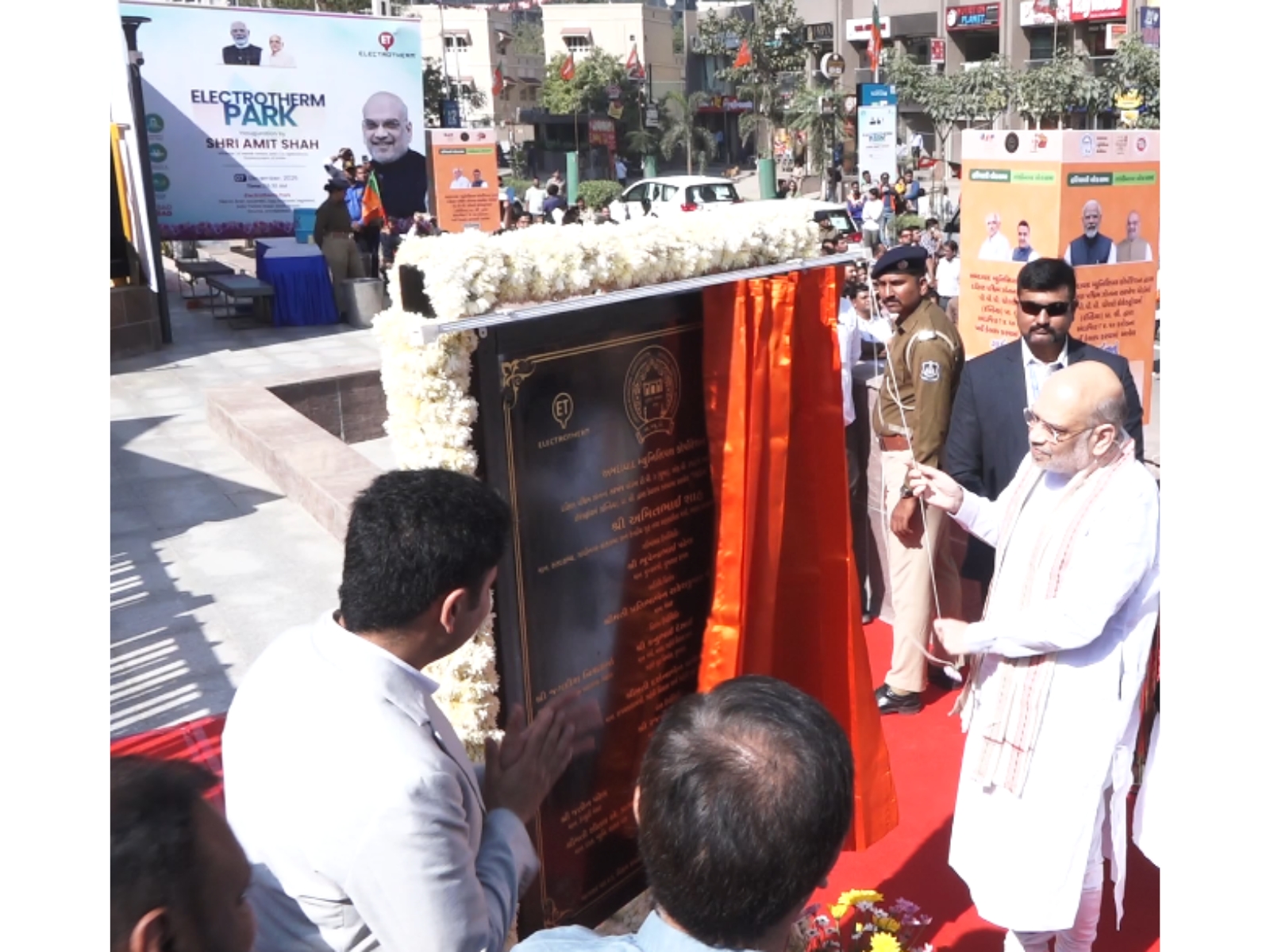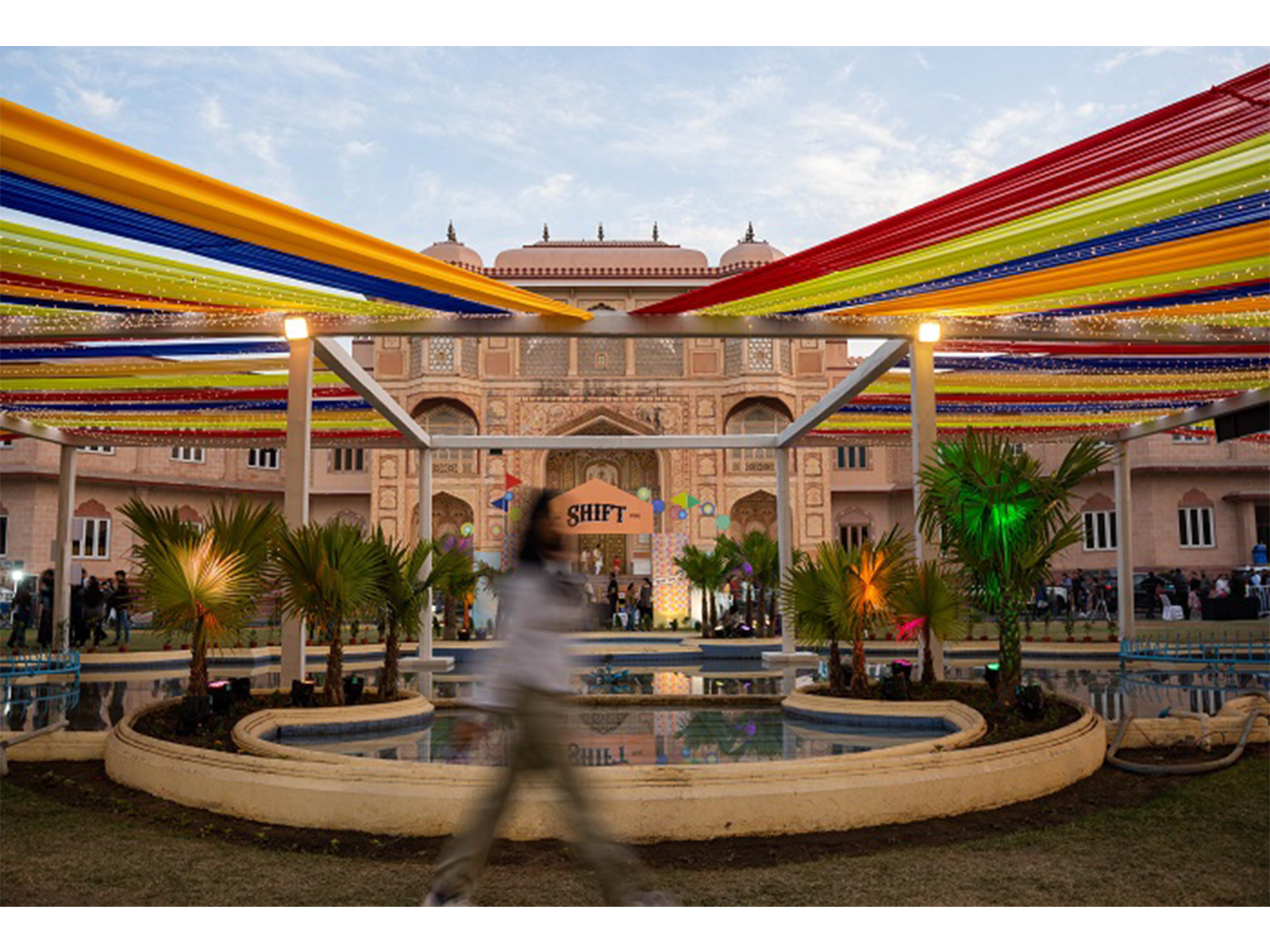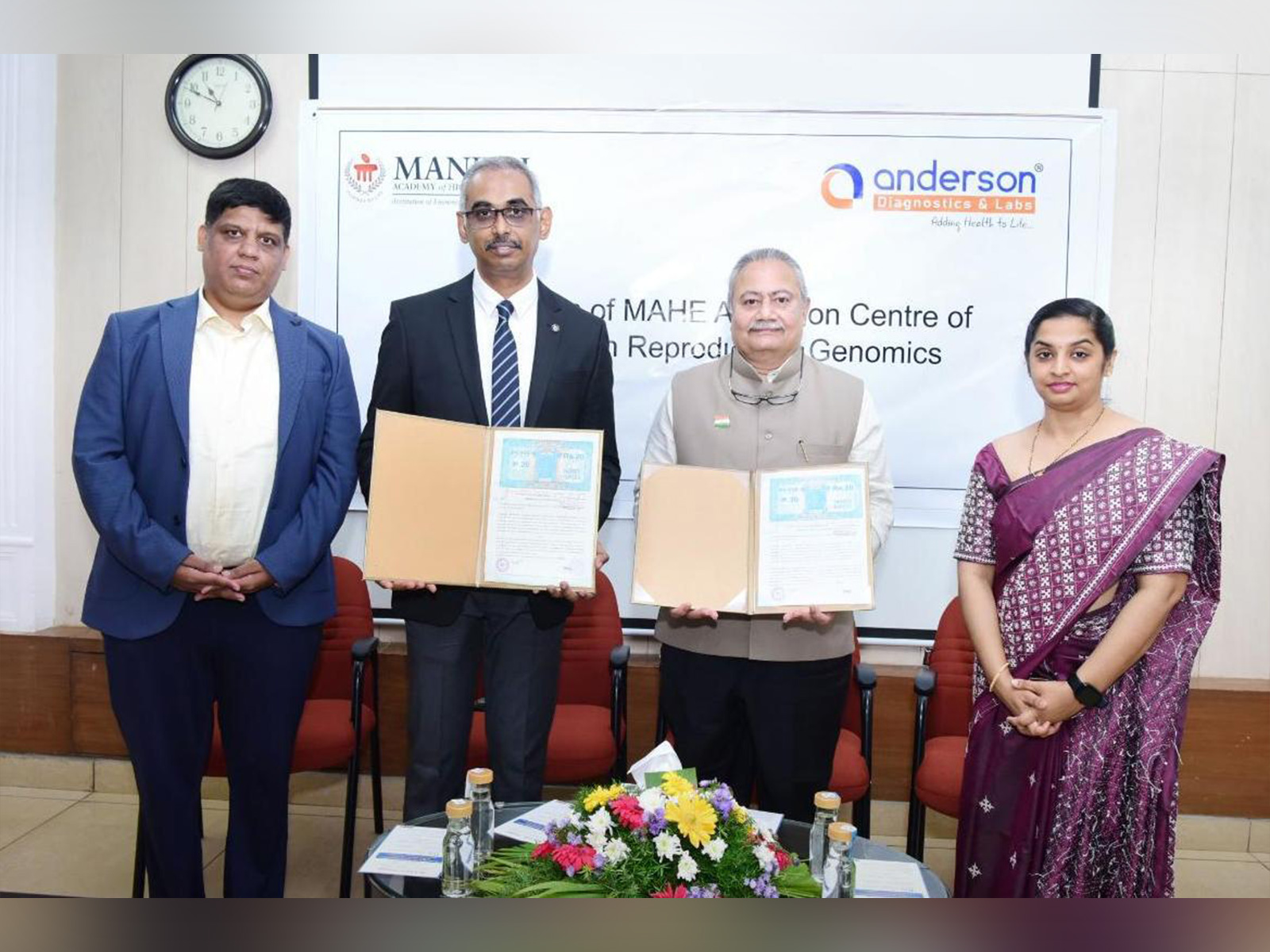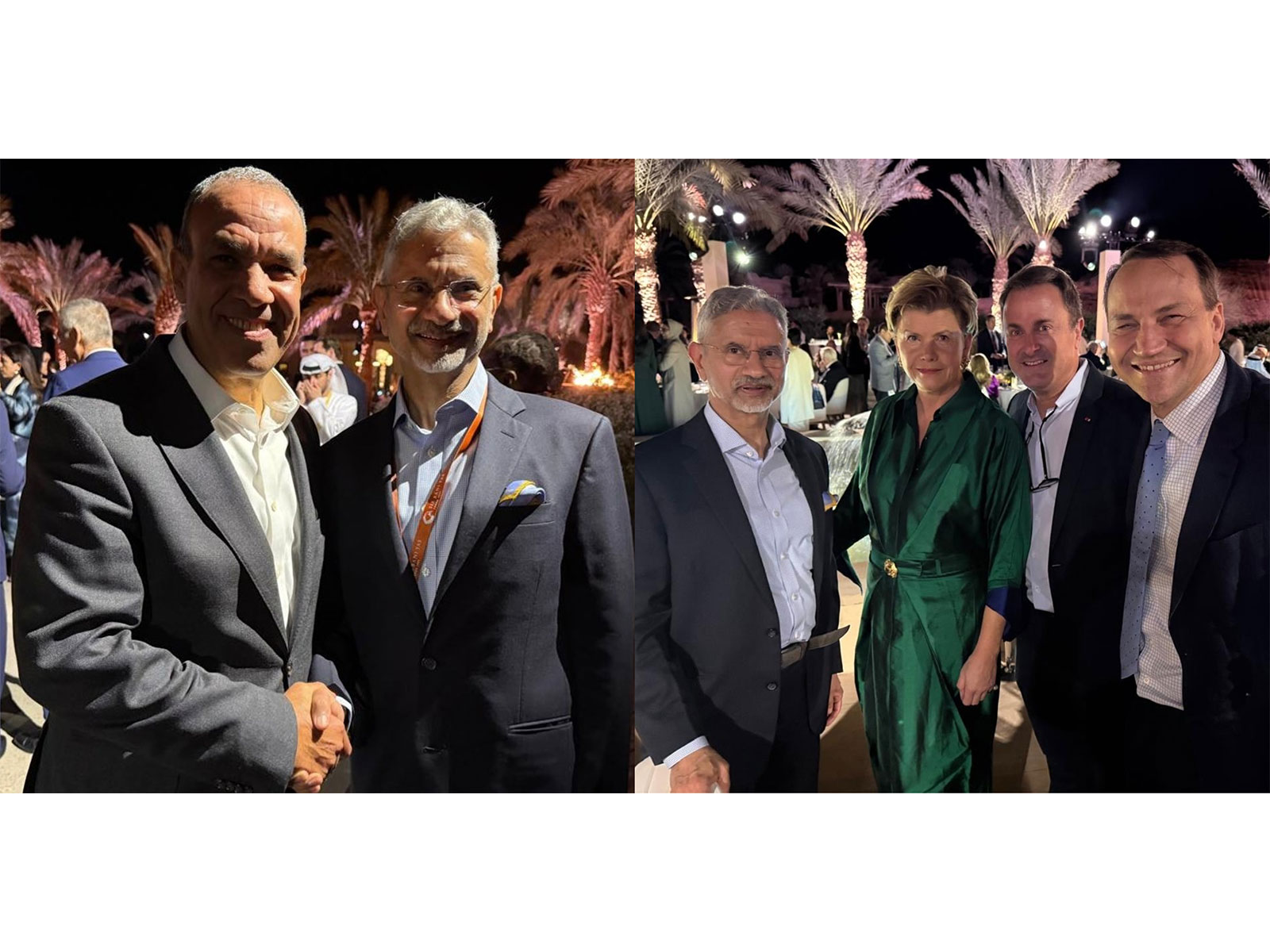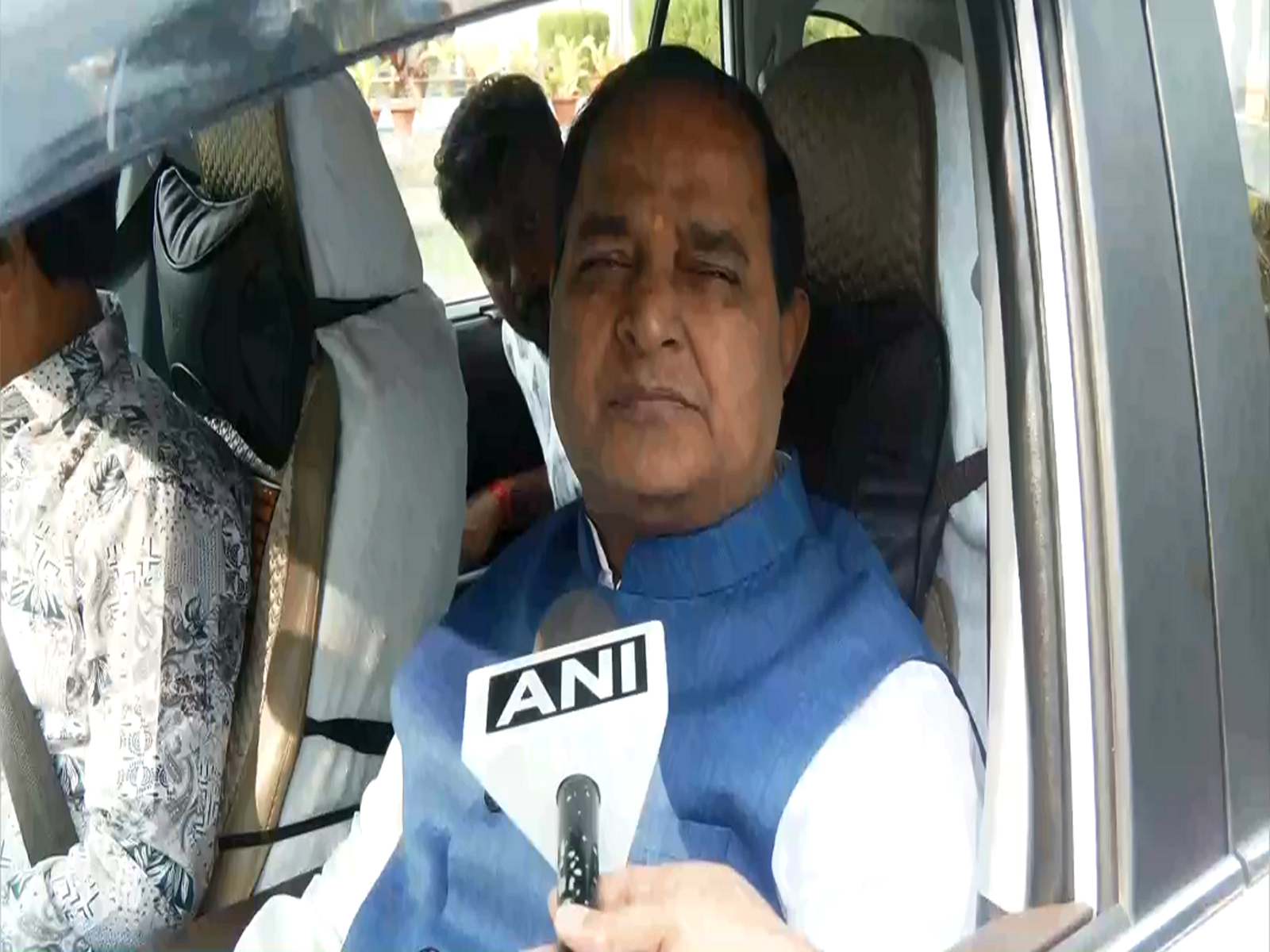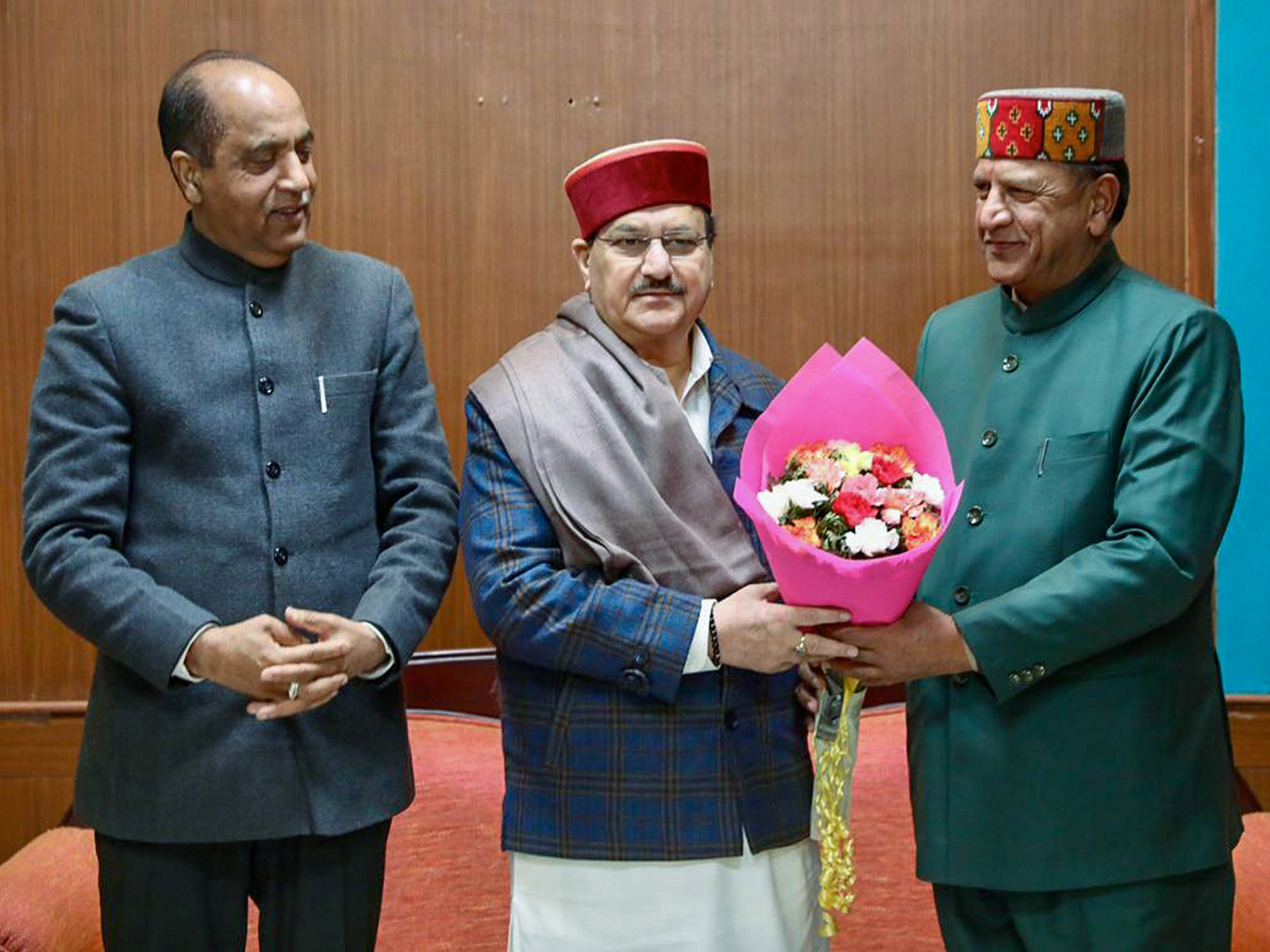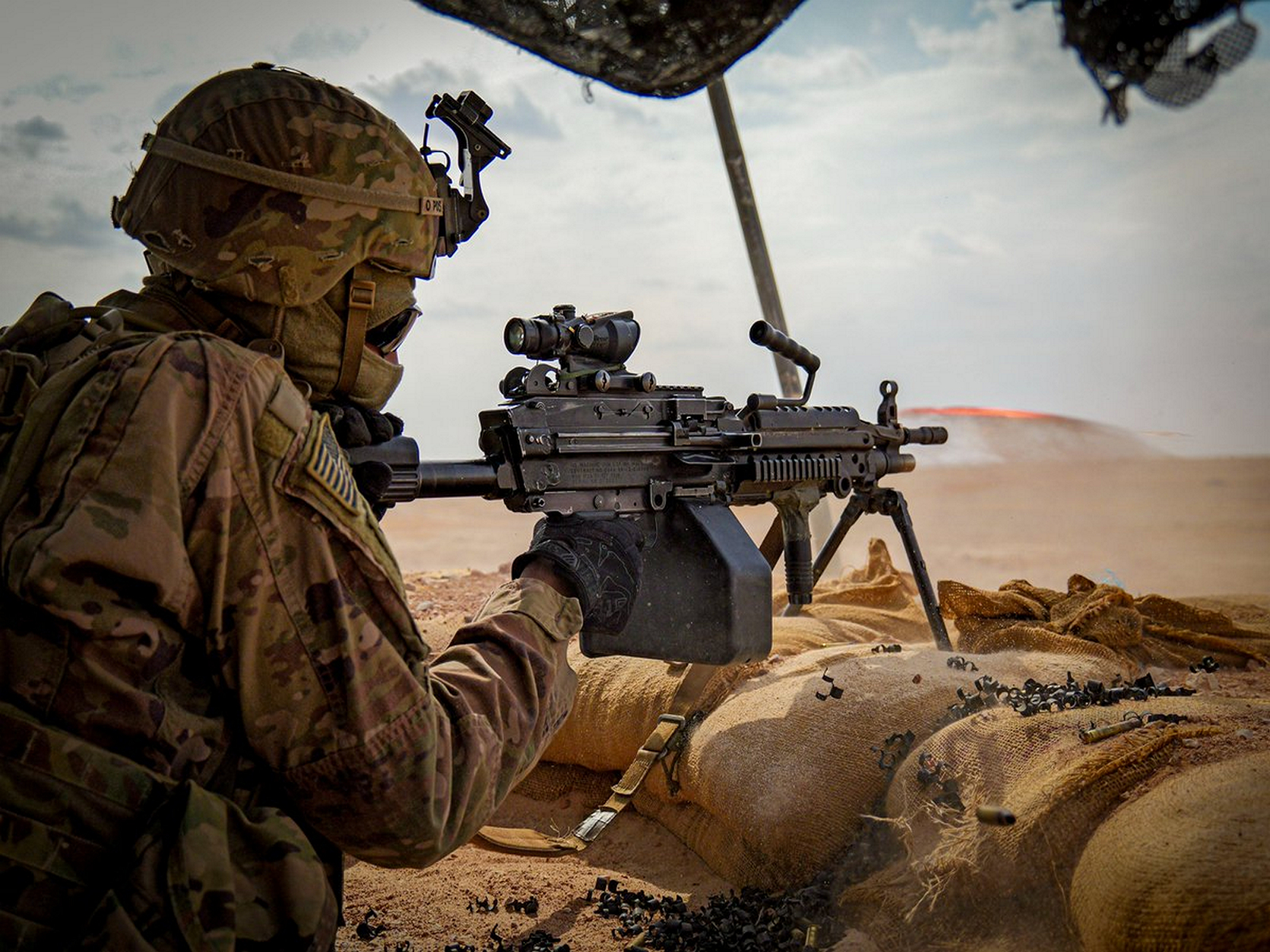"For us, healthcare is a combination of cure, and care with high tech and high touch"
Jun 09, 2023

Mediawire
New Delhi [India], June 9: Dr Santy Sajan, Group Chief Operating Officer of
, one of the largest private healthcare providers in the country, talks about lessons from the pandemic, the future of the company, and the healthcare industry in India, in an interview.
Q1. The pandemic has changed the world irrevocably. Countries, industries, economies, etc. were all badly hit. But none were as badly hit as the healthcare industry. And it is still reeling from it. How do you think Paras Health has fared post-pandemic? What lessons did you learn from the crisis?
A. We have always had superlative healthcare facilities. However, the pandemic highlighted the importance of high-quality, affordable, and accessible healthcare facilities in India. We saw that the healthcare system experienced a shortage of supplies, healthcare workforce, and infrastructure challenges. This became a learning point for healthcare professionals, the government, and the public. I believe the healthcare system has become more resilient now. This applies to Paras Health also. We took some of the learning from the first wave of the pandemic and understood our weak points. Over this prolonged crisis and multiple waves, we could implement those learnings during the pandemic itself. We could improve our services, enhance patient outcomes, and clinical excellence, and work towards providing empathetic and compassionate care. We are currently focused on the future roadmap of Paras Health. We are not only looking at a curative aspect but also an overall larger picture that encompasses curative, preventive, and proactive health for all.
Q2. Right. So, on those lines, many reactive and interactive programs were introduced in hospitals during the pandemic and even after it. Now that the pandemic is officially over, how much do you think these new facilities and programs help new patients in every aspect of healthcare?
A. Even before the pandemic, Paras Health had some of these learnings and a robust system in place. But, then the pandemic consolidated these learnings and gave us a new perspective. For example, the use of IT or the non-touch aspects, for superior patient services. It helped us understand how to scale them and change the course if need be. We are equipping ourselves every day to face new challenges in the ever-evolving healthcare industry. These changes are impacting all aspects of healthcare - not only curative but also preventive and proactive care, including creating awareness. This is true for every industry. Look at how there is a marked increase in healthcare insurance adoption. So, post-pandemic, from the perspectives of treatment, system, social aspect, and economic aspects also, health has become very important. We have also understood that as a system, we have to do more going forward. The knowledge gained during the pandemic alone will not suffice to take care of the new challenges that might come up. We have a chronic disease burden in addition to post-pandemic challenges such as lung disorders and other new diseases.
Q3. True. Paras Health has had the same logo for the last 17 years. But you changed it recently. What propelled this change?
A. We are a constantly evolving healthcare organization. It is our learning over the last 17 years that helped us provide affordable, accessible, and high-quality healthcare to our patients. This comes out of our commitment to our patients. We are committed to always being present in any part of the country where there is a need for high-quality healthcare. We have built a reputation for ourselves as a trusted healthcare partner for whoever needs our help. This transformation is not just limited to the change in our name or logo. It is a change in our approach and behavior. At Paras Health, we have a much larger magnitude of commitment. Earlier Paras Health was more about the curative aspect, but now we are a whole system that encompasses compassionate preventive and proactive healthcare. It includes not just hospital-based healthcare delivery, but a 360-degree approach to wellness, health, health promotion, and curative care. That sets up a partnership with the patient and their families.
Q4. You recently opened your branches in Srinagar and Kanpur. Any plans also to open it in other locations?
A. At Paras Health, we are aspirational and ambitious, and we have the vision to be a partner in health for all 'Bharatiyas'. We want to be the largest private healthcare provider in northern India. To that end, by 2031 we aspire to set up close to 10,000 beds in our network, of which 5000 beds would be added by 2028 itself. This would be accomplished through both organic and inorganic expansion. Our Srinagar facility is the largest super specialty corporate hospital in Kashmir where we aim to provide quality healthcare services to the people of Kashmir. The upcoming Kanpur hospital is the largest of the group with over 450 beds. It will be the biggest corporate super-specialty hospital with state-of-the-art infrastructure and medical facilities in Uttar Pradesh. This is a great achievement for a 17-year-old young organization. Both facilities are prime examples of Paras going to uncharted territories with limited accessibility. We will continue to focus on improving access to healthcare services in areas, where there is a significant gap.
Q5. That is true. As far as we know, Srinagar and Kanpur both have limited medical facilities and establishing a facility as large as a 450-bed hospital is a huge support to the city and state.
A. See, healthcare is a basic human right and accessibility to quality healthcare services is very important. This is one of the pillars of Paras Health's brand. We resonate with our brand values in a true sense through our hospitals. Also, when we go to set up a hospital in any location, we become connected locally to that area and support the people in terms of not only 'cure and care' but also providing employment to the people there. We want to continue to support the people of these regions and cities by providing compassionate, affordable healthcare, in the comfort of their own homes, where they have their support system.
Q6. Great. There have been a huge number of innovations and technologies in the healthcare industry over the last decade or so. With artificial intelligence (AI), digitalization of logistics, etc, the healthcare industry is growing and evolving every minute. How adaptable has Paras Health been in these innovations and technologies?
A. Paras Health has been at the forefront of innovation, heading many new programs. For example, a patient does not have to come to our physical facility to consult a doctor or access medical treatments. He is in control of his medical pathway. From consultations on treatment plans, collecting blood samples in the comfort of their home, report delivery directly to patients, setting up their historical data in a safe digital database, etc., we are at the forefront of the adoption of innovations. We have a very strong electronic medical system. Maintaining the digital patient records in a highly private and secure system, we also customize the treatment based on each patient's requirements through the clinical decision support system (CDSS). We have also launched a new vertical called Paras Labs which provides world-class testing and diagnostic facilities for patients outside the hospital. These digitally-enhanced facilities limit the face-to-face interaction of the patient with the hospital, helping save time, money, and risk of infections, yet maintaining a personal touch.
Q7. True. These digital touch points save a lot of time and risks of exposure for the patients. Does a limited face-to-face interaction help the patient have a relationship with the hospital and his doctor?
A. It is true that when a patient is not visiting the hospital and is diagnosed digitally, it helps them avoid a potentially infectious or contagious environment and saves time, travel, and money. Secondly, a digital database helps a doctor in knowing the history, test values, reports, and other information of the patient, seamlessly making them more patient-centric and proactive. Compassion being one of Paras Health's brand values, every technology or innovation we bring in, must have an element of human touch. So, it is our committed, empathetic, patient-centric, family-centric interactive approach that works in our favor in having a respectful relationship with our patients. I believe that healthcare is always high tech but at the same time, it is high touch. Healthcare is about cure and care, two very important points for Paras Health. This is our USP.
(Disclaimer: The above press release has been provided by Mediawire. ANI will not be responsible in any way for the content of the same)
